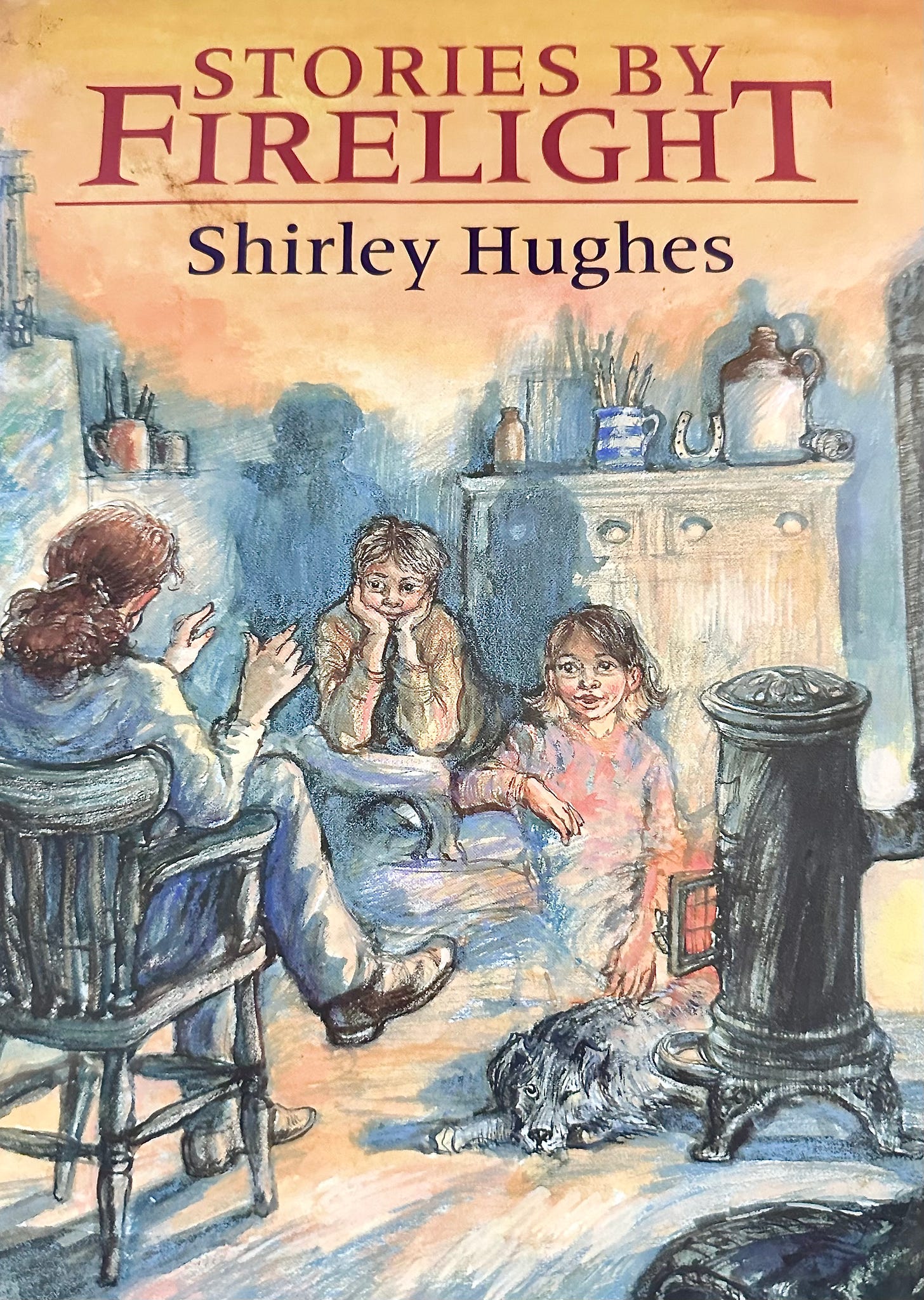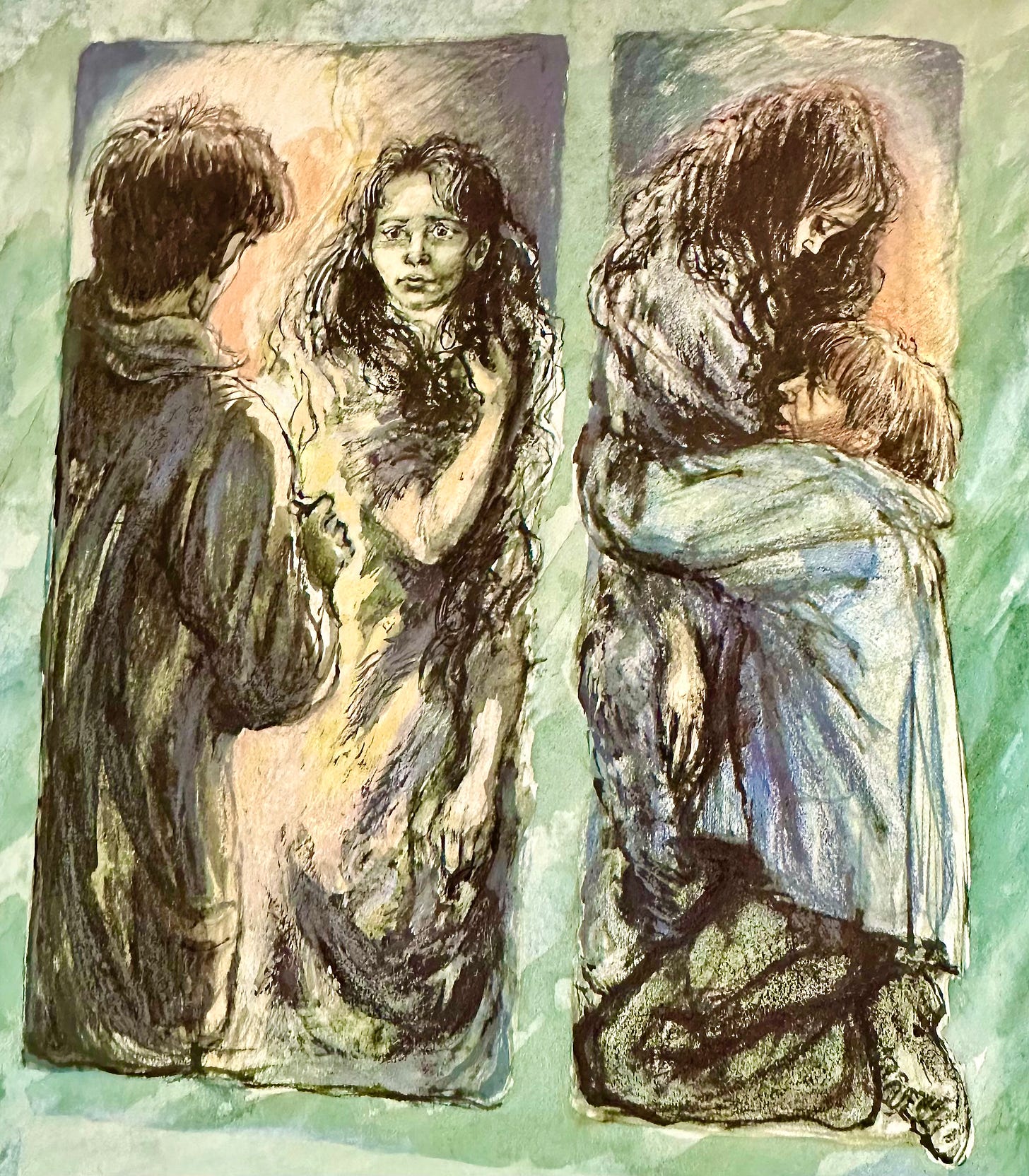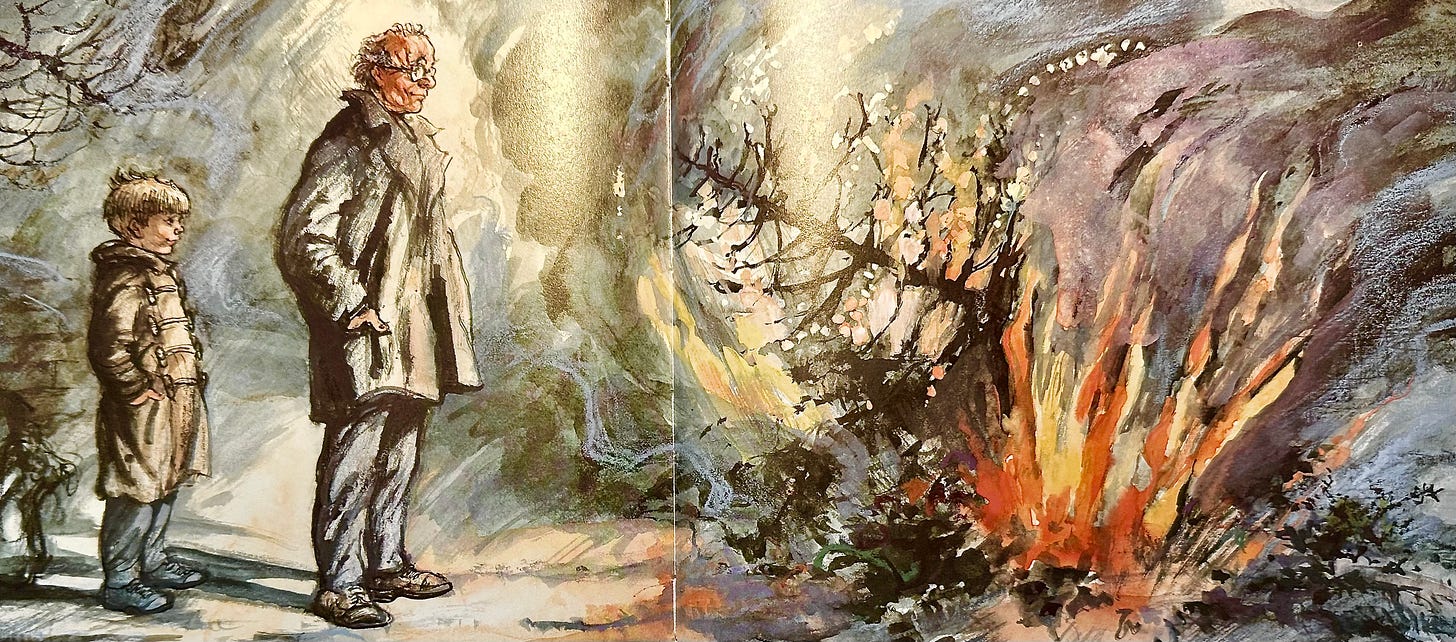Disconsolation
Poems and Thoughts from the Anxious Poet
Disconsolation
November is such an untidy month;
the leaves fall quicker than I can
sweep them, and my gutters are
crammed with their mouldy corpses.
The mizzle the wind spills over
the eve’s edge makes the stones
of my home clammy. The clocks
have made their yearly march
back to winter quarters, and the
dogs’ paws mark a muddy muddle
on my kitchen floor. It is a time for
writing, for decanting the juices
that have fermented all summer.
But I am so distressed by the length
of each night and the bleak looks the
leaf dropping beeches give me when I
pass them in the valley, that I fear to sit
at my table and face the vacuity of the page.
I feel so personally the inborn
demise confided to me by the
dying wasp or the departing swallow;
that I can only write the grubby cantos
of autumn bonfires, whose smoke
curls and fades in the misty air.
These wisps of disconsolation
are a fleeting eulogy to falling,
a carol to the withering season.
I started writing this post a week and a half ago and was then laid low with Norovirus that has left me feeling the disconsolation described above. That sensation of being washed out and weakened has made me slightly melancholic, yet also meditative and ready to look again at what is going on around me.
In this country we have been overtaken by the American seasonal holiday of Halloween, trick of treating our way through mountains of candy and dressing our houses like crime scenes. In my childhood Halloween was barely a pimple on the face of Autumn! We all looked forward with eager and growing anticipation to the 5th of November - Bonfire Night. Me and my Grandma would scour the garden for old wood with which to construct the ritual pyre. Then me and my friends would stand outside the shops with my Dad’s old clothes stuffed with newspaper, a ball for a head and on old woolly hat; all sitting in a wheel barrow. We would harangue the shoppers with the phrase ‘penny for the guy’.
I had no idea that I was taking part in an ancient ritual stemming from a Catholic plot to overthrow James the First and his Protestant court and parliament. Guy Fawkes was just another part of the drama of the night. When we had gleaned our pennies from the shoppers we would purchase our fireworks and then on the great night we would place the Gunpowder Plotter atop our bonfire and burn him in a shower of Sparklers, Roman Candles, Catherine Wheels and Rockets. The symbols of the religious strife still echoing in our souls.
The best memories I have are of my Grandma and I standing around the fire when all the excitement was over, with long sticks, poking the embers and flinging in spent fireworks and stray scraps of wood to keep the blaze going. There was always something transitional about this time. She loved to garden and this was a time for tidying the fallen leaves for saying good bye to summer, for hunkering down. When my kids reached the age I was then, Wilma and I would do the same thing with them. We found a fabulous book that contains so many memories of that time with our kids.
The stories Shirley Hughes tells in this book carried us from Autumn’s falling leaves, the dreams and legends of the season, including the Scottish story of the Selkie that so captivated Wilma. It is a myth of the fluidity of coastline and the difficult conversation between sea and land, masculinity and femininity, between childhood and adulthood.
Then on through Christmas with poems and stories into the first intimations of Spring. Central to the book was a story of a particular bonfire that I still love, as it captures the spirit of my Grandmother and those hours poking fires together. In Shirley’s story it is a Grandad burning the Christmas Tree but it was so resonant for me.
We are so fortunate in the UK to have these transitions from one season to another to remind us of the seasonality of our own lives. To help us ask the question what season am I moving through? and what rituals will accompany these? These questions matter so much because they help us to negotiate it all consciously and with intention. They help my inner world to rhyme with the natural world.
In this time when the political realm seems so deeply troubling we need anchors that are deeper than the turbulence. That allow us to feel the depths we need to feel, the depths I am articulating in the my poem - melancholy, distress, bleakness and then to recognise these can be prelude to a new fruitfulness, to decanting them into carols to the withering season.







“November is such an untidy month”.
You got that right. Yes we all need grounding, all of us. Thanks for sharing this!
This is beautiful Sir, thank you. Geraldine